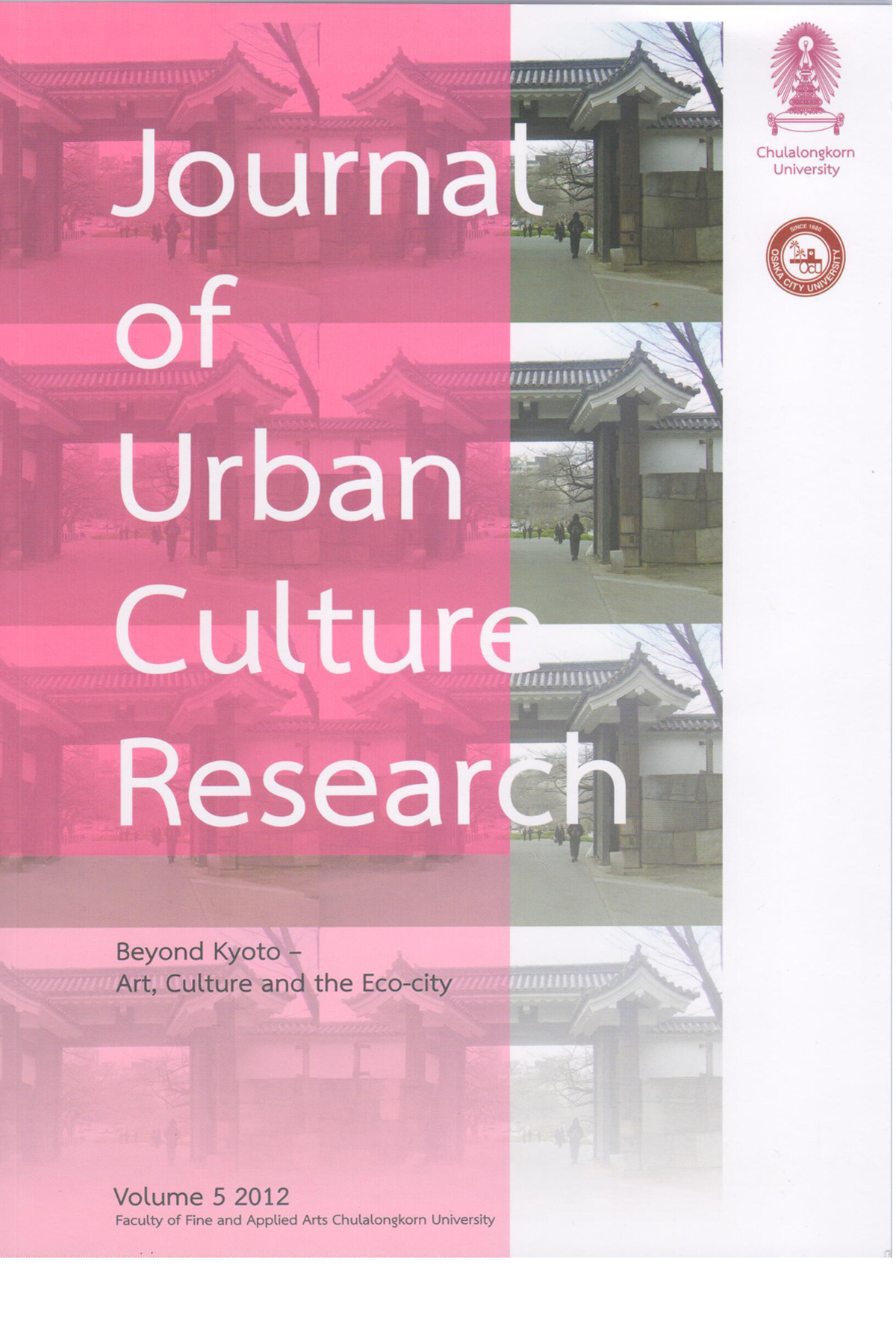Theatre for Development – A Tanzanian Road Towards Citizenship and Cultural Renewal
DOI:
https://doi.org/10.14456/jucr.2012.5Keywords:
Theatre and Education, African Theatre, Theatre for Development, Tanzanian CultureAbstract
During the 60s, Theatre for Development was introduced into several states in Africa. The focus at that time was to utilize theatre as a tool of communication in development projects. During the 80s Tanzania developed their own variant of this genre through the initiative of the University of Dar es Salaam’s Department of Fine and Performing Arts offering lectures on Theatre for Development. They wanted to develop a supportive theatre and theatrical methods to improve the conditions in their communities. Self-determination and participation for the townspeople in the local con"ict resolution process was the department’s keywords. The basic idea was that Theatre for Development should be based on the local and popular theatre traditions. Through popular theatre, the whole population could be gathered whether they be young or old, women, men or disadvantaged. By means of storytelling, dance, drama, music, and songs people were encouraged to express themselves about problems in society. This included both mainstream and marginalized groups that did not usually take part in verbal discussions and express their opinions. The intention was to form a theatre genre that would gather the whole population to contribute to social change and improved living conditions.
This introductory paper will focus upon the different methods used in Tanzanian Theatre for Development and will discuss Theatre for Development’s use as a vehicle for social change and increasing awareness about Tanzanian traditions and identity.
Downloads
How to Cite
Issue
Section
License
Authors authorize the JUCR to publish their materials both in print and online while retaining their full individual copyright. The copyright of JUCR volumes is retained by Chulalongkorn University.
The views and opinions expressed herein are those of the individual author(s) and do not necessarily reflect the policies or opinions of the Journal (JUCR), it editors and staff, Chulalongkorn University, or Osaka Metropolitan University.








